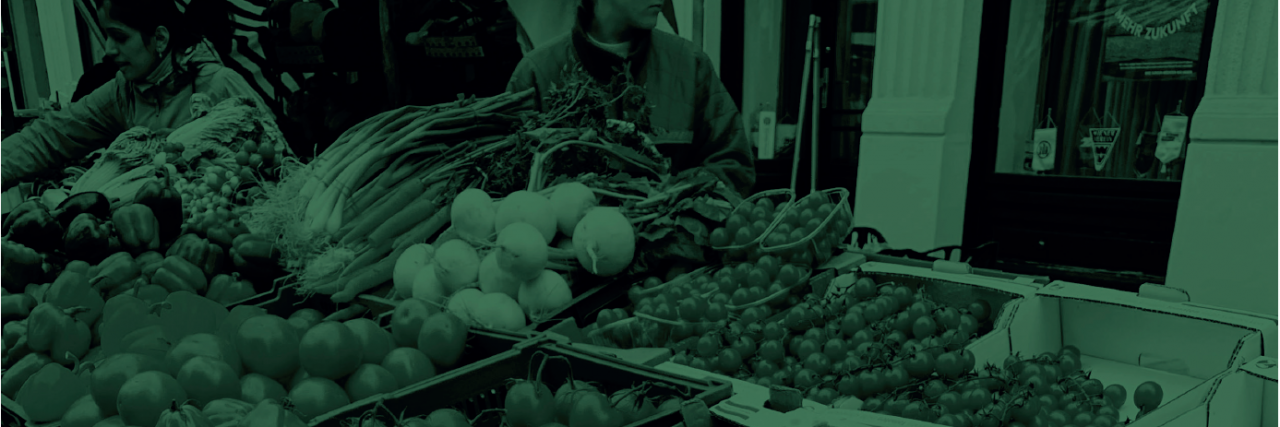The GFS research programme, the Resilience of the UK Food System in a Global Context (GFS FSR) has outlined multiple approaches to enhancing resilience in its final programme report as the programme draws to an end. Launched in 2016, the major programme comprised 13 interdisciplinary research projects based in UK institutions and was funded by the GFS partners: Biotechnology and Biological Sciences Research Council (BBSRC); Economic and Social Research Council (ESRC); Natural Environment Research Council (NERC); and the Scottish Government.
The report contains general recommendations as well as tailored messages for a range of stakeholders in government, agri-food businesses, NGOs, and investment and research sectors. Summarising five years of research, the report also contains messages based on findings by each of the 13 Projects and focused on specific stakeholders. These messages are intended to lead to further exploration and actions by those aiming to enhance food system resilience.
Key messages
Discussions on how to enhance food system resilience need to be framed by the answers to four key questions:
- Where do we need to increase resilience?
- What do we need to build resilience against?
- From whose perspective is enhanced resilience needed?
- Over what time period is enhanced resilience needed?
There are three strategies for enhancing resilience – the ‘3R’s.
- Robustness: aim to resist disruption to existing food system outcomes
- Recovery: aim to return to existing food system outcomes after disruption
- Reorientation: aim to accept alternative food system outcomes before or after disruption
All three strategies require adapting food system activities.
Dr Riaz Bhunnoo, Director of the Global Food Security programme, said: “The recent pandemic has underlined the importance of a resilient food system. With climate change coming down the line, it is more important than ever that we drive interdisciplinary research on food system resilience into policy and practice. The FSR programme has been instrumental in driving this agenda forward.”
Dr John Ingram, Coordination Team Lead on the GFS FSR Programme and head of the Food Systems Transformation Group at the Environmental Change Institute, University of Oxford said: “Together, the Projects have produced a rich and diverse set of outputs that help to further our understanding of how to move towards a more resilient food system.
“What’s become clear since we embarked on the Programme is that there is no single route towards this goal. Furthermore, due to the complexity of the system, unless a systems approach is taken, actions to enhance resilience in one part of the system may not result in system-wide benefit, and indeed may even undermine another part.
“I would like to take the opportunity, on behalf of the 13 Projects in the Programme and the Programme coordination team, to thank the GFS Secretariat and representatives from the funding agencies for their support over the past five years. I hope this report succeeds in distilling the valuable insights from this five-year interdisciplinary Programme.”
The targeted messages from the 13 projects in the Programme reflect the complexity of food system challenges. Divided into the programme’s core themes of production, supply chains and consumption patterns, they include topics such as international trade, food poverty, regional food systems and ecosystem markets, sustainable diets, the circular economy and labelling of food products.
Read more and download the report on the GFS FSR website.


